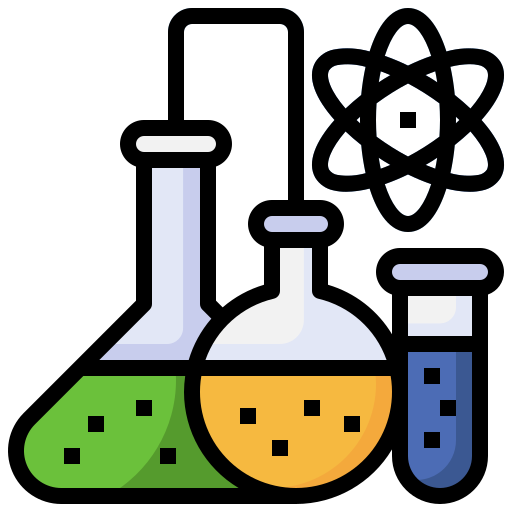
Quantum Chemistry
In the field of chemistry, quantum technology has the potential to greatly improve our ability to model chemical reactions and build molecular Hamiltonians. By utilizing the unique properties of quantum computing, such as superposition and entanglement, we can create powerful algorithms for solving complex chemistry problems.
One of the most promising algorithms for quantum computing in chemistry is the modeling of chemical reactions. This involves the use of quantum computers to simulate the behavior of molecules in a laboratory setting. By utilizing the principles of quantum mechanics, these algorithms can provide a more accurate and efficient way to model the behavior of molecules, allowing chemists to better understand the fundamental principles of chemistry and even design new molecules with desirable properties.
Another powerful quantum computing algorithm that can be used in chemistry is the building of molecular Hamiltonians. This algorithm uses quantum computers to construct a mathematical representation of the energy levels of a molecule. This representation can be used to better understand the behavior of molecules and predict their properties, such as reactivity and stability. By taking into account the quantum mechanical properties of a molecule, this algorithm can provide a more accurate and efficient way to study molecular behavior.
Overall, quantum computing has the potential to revolutionize the way we solve chemistry problems. By utilizing the unique properties of quantum computing, such as superposition and entanglement, we can create powerful algorithms for solving complex chemistry problems. By utilizing algorithms such as modeling chemical reactions and building molecular Hamiltonians, we can better understand the behavior of molecules and even design new molecules with desirable properties.
